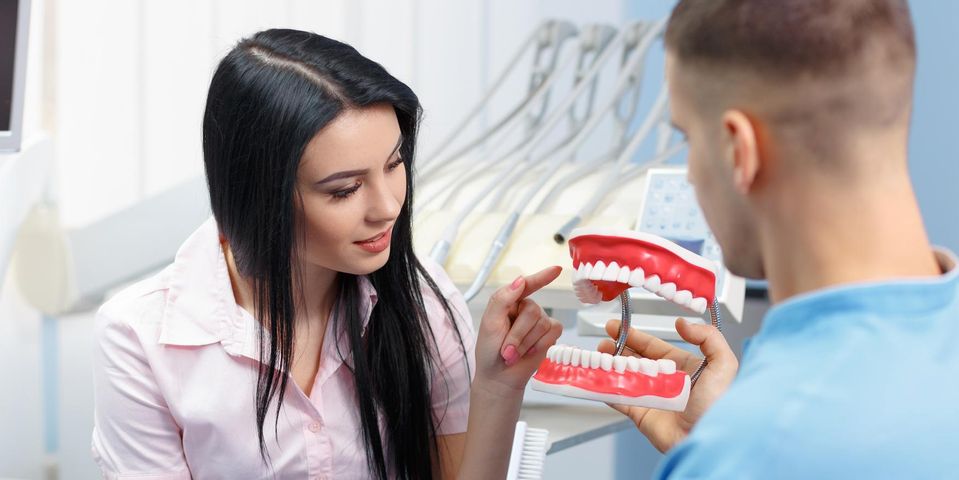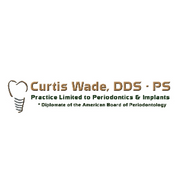What Is Gum Grafting and When Is It Necessary?

Your gums can start gradually receding and exposing more of your teeth when bacterial infections, tartar buildup, or gum diseases destroy healthy tissue. Gum recession leaves your teeth painfully sensitive and may even result in tooth loss, so if you’re suffering from it, your dentist may recommend gum grafting. To prepare for your appointment, answer your questions about gum grafting with the guide below.
All You Need to Know About Gum Grafting
Procedure
Gum grafting is a surgery in which oral tissue is transplanted to enlarge affected gums, but it’s a simple and safe procedure performed in an outpatient clinic.
First, your dentist will clean the treatment area to reduce the risk of infection, then apply a local anesthetic to your gums and other parts of your mouth. Once you’re numbed, the dentist will remove tissue from a healthy section of your gums or the roof of your mouth and stitch it to the damaged area. Dentists sometimes prefer to use tissue from tissue banks rather than other parts of the mouth to cover receded gums.
Benefits
Adding healthy tissue to receded gums stimulates new growth, which covers nerves and teeth roots that may be exposed to reduce sensitivity. Extending your gums to their original size further reduces the risk of gum disease and secures affected teeth to prevent decay.
 Gum grafting also comes with cosmetic benefits. If you’re experiencing severe tissue recession, grafting can restore the look of your smile and give you your confidence back.
Gum grafting also comes with cosmetic benefits. If you’re experiencing severe tissue recession, grafting can restore the look of your smile and give you your confidence back.
Recovery
As with any surgery, you should expect to feel some discomfort after your procedure, but your doctor may prescribe you pain medications to help reduce sensitivity.
Most patients can resume usual activities the day following their procedure. To prevent complications or infections, your dentist will provide you specific aftercare instructions that may include antibiotics, antiseptic mouth rinses, and not flossing the area for the following 2 weeks. Minimize discomfort and speed up your recovery by resting, staying hydrated, and consuming softer foods that are gentle on your gums.
If gingivitis or other gum diseases have taken a toll on your smile, turn to Curtis Wade DDS in Burlington, WA. Their dental health professionals offer specialized periodontal treatments to prevent and address all types of gum diseases. Visit their website for a list of their procedures, then call (360) 757-0201 to schedule an appointment.
About the Business
Have a question? Ask the experts!
Send your question

